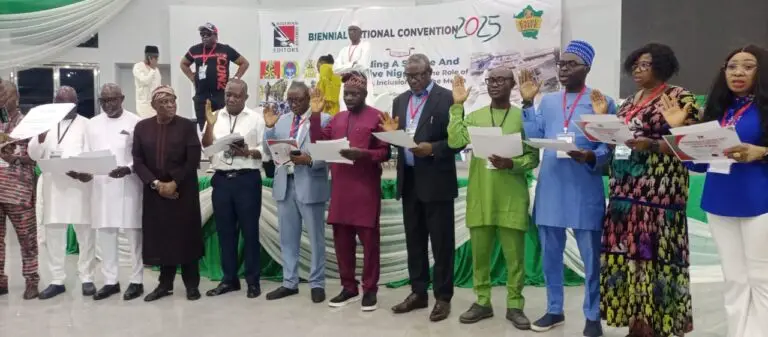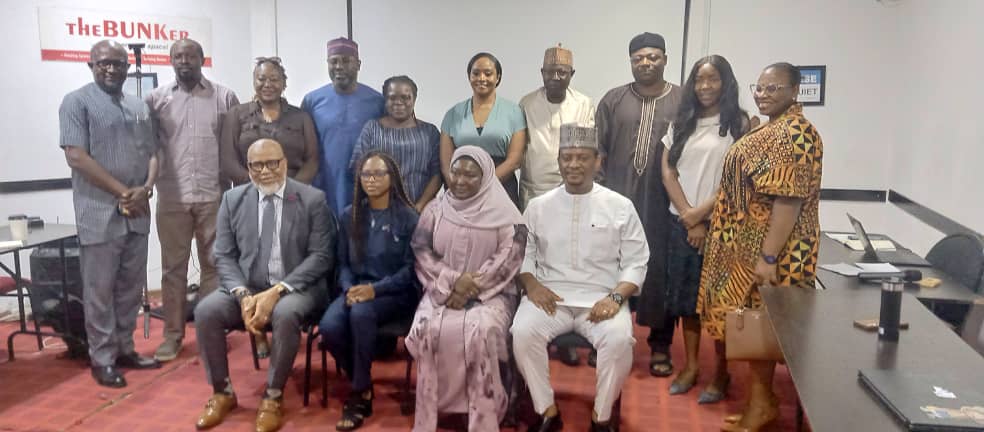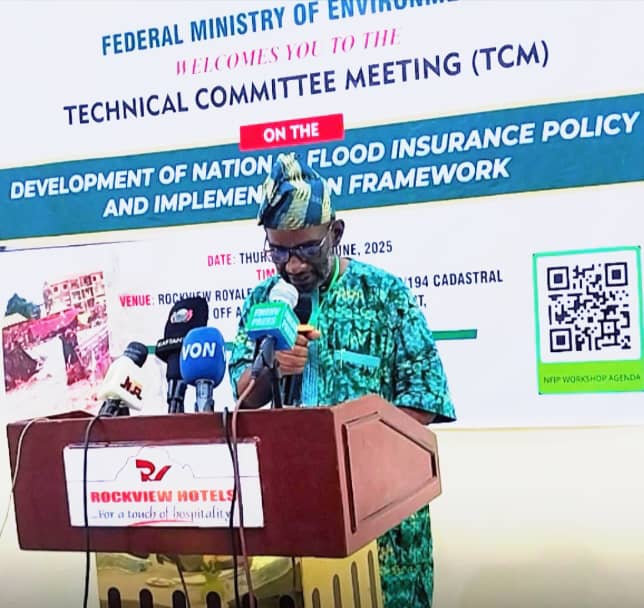109 total views today
Impact
By Vivian Ihechu
President Bola Tinubu has praised the African Export-Import Bank (Afreximbank) for its vital role in driving economic development and integration across the African continent.
He particularly commended the bank’s “audacious leadership” and its “generational impacts” on Africa’s economic future.
Speaking at the 32nd Afreximbank Annual Meetings 2025 (AAM2025) in Abuja, Tinubu applauded the bank’s achievements and Nigeria’s commitment to strategic partnerships.
He praised Afreximbank’s growth under Professor Benedict Oramah, describing its expansion as impressive and impactful.
“Afreximbank under Oramah’s enhanced leadership has grown its assets to over $27 billion within a commendable timeframe,” Tinubu noted.
He said the bank had championed Africa’s pandemic response, industrialisation, free trade, and the creative economy over the past decade.
Tinubu highlighted the bank’s founding 33 years ago as Africa’s decision to take control of its development destiny.
“Today, with over $250 billion in trade and development, including $150 billion in the past decade, the bank is a pillar of African growth,” he stated.
He said Nigeria, as Africa’s most populous nation, had greatly benefited from the bank’s wide-ranging support.
“Nigeria has proudly received over $52 billion in support for energy, agriculture, infrastructure, healthcare, manufacturing, and the creative sector,” he said.
Flagship projects cited include Dangote Refineries, the African Medical Centre of Excellence, and the African Quality Assurance Centre.
“These projects reflect confidence in Nigeria’s future and in Africa’s broader potential,” the President declared.
Tinubu also applauded the collaboration that saw Nigeria formally approve the African Payment and Settlement System (PAPSS).
“Thank you for that,” he said, stressing that PAPSS enabled cross-border trade in local currencies and supported economic stability.
He urged other African nations to embrace PAPSS, calling it a tool for financial integration and collective resilience.
The News Agency of Nigeria reports that Tinubu conferred the GCFR honour on Professor Oramah after the speech.
He spoke of reforms under his ‘Renewed Hope Agenda’ introduced since May 2023, including removing the fuel subsidy.
Another reform was the unification of Nigeria’s exchange rate system to correct systemic distortions.
“These reforms, though difficult, were essential for correcting long-standing imbalances,” he emphasised.
He outlined positive outcomes from the reforms, saying they lay the foundation for future growth.
“In 2024, Nigeria recorded 3 per cent GDP growth with broad sector contributions,” he stated.
Oil production rose to 1.5 million barrels, with a 2.5 million target in sight, backed by strategic investments.
“Inflation is easing, data is stabilising, and investor confidence is returning,” Tinubu added.
He stressed that reforms must also be measured by their human impact, not numbers alone.
“True transformation lies in empowered citizens and thriving businesses,” he said.
He highlighted social investment areas, including student loans and upgrades to 8,800 primary health centres.
“These upgrades focus on maternity care and diagnostics, especially in underserved communities,” he explained.
Tinubu also cited digital inclusion initiatives, such as deploying thousands of fibre-optic cables to bridge connectivity gaps.
He noted that infrastructure progress includes the completion of 279 roads, with more ongoing.
He said Nigeria’s collaboration with Africa is growing in scale and ambition, reflecting shared development goals.
He highlighted the launch of the African Energy Bank in Abuja with $5 million initial capital.
This bank aims to finance Africa’s energy transition using gas, renewables, and clean technologies.
Tinubu said Nigeria’s fertiliser sector is expanding to 7.5 million tonnes annually to secure Africa’s food needs.
He urged African countries to build stronger institutions and capabilities amid global fragmentation and rising protectionism.
He said Afreximbank must remain bold, adaptable, and grounded in African realities to succeed.
“This is a time to reflect on our resilience and boldly commit to Africa’s future,” he said. (NAN) (www.nannews.ng)
Edited by Kamal Tayo Oropo













